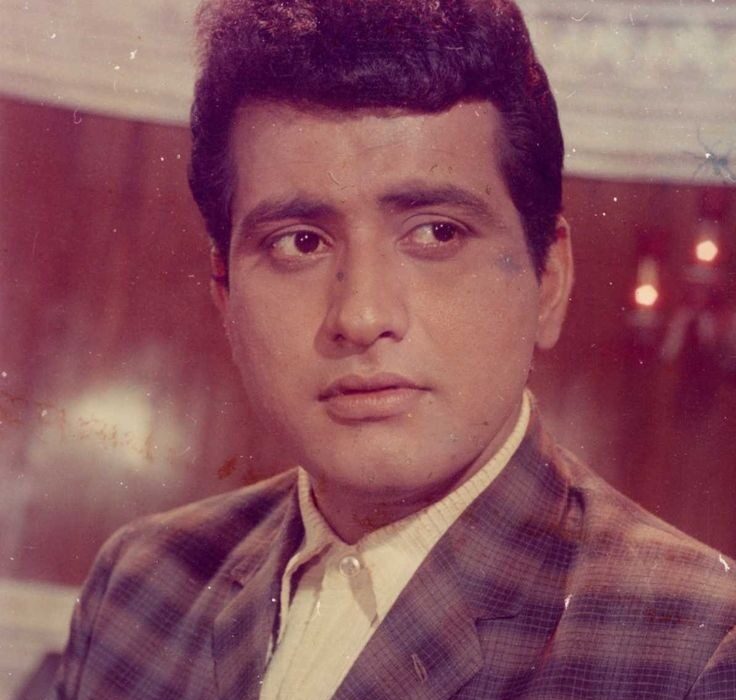Veteran actor and director Manoj Kumar died on Friday at 87 years old in Kokilaben Dhirubhai Ambani Hospital in Mumbai. He died of cardiogenic shock due to an acute myocardial infarction, the medical reports said. He was also suffering from decompensated liver cirrhosis in the recent past. He had been in poor health and was admitted to the hospital on February 21, 2025.
The CEO of the hospital, Dr. Santosh Shetty, confirmed the news of his death, saying that the legendary actor breathed his last at approximately 3:30 AM owing to complications of old age. No sooner had the news emerged when grief poured in from fans, Bollywood stars, and politicians alike. Prime Minister Narendra Modi offered his condolences and paid tribute to Manoj Kumar’s vast contribution to Indian cinema, especially for his patriotic movies that touched people’s hearts so profoundly.
Born on July 24, 1937, in Amritsar as Harikrishan Goswami, Manoj Kumar developed a lifelong passion for movies and storytelling right from his early years. Inspired by the title of the famous actor Dilip Kumar’s role in the movie Shabnam, he changed his screen name to ‘Manoj Kumar.’ He started working in the movie industry in the late 1950s, and before long, he was a household name for his acts brimming with nationalistic sentiment and social awareness.
The breakout role was in Shaheed (1965), where he acted out the revolutionary Bhagat Singh. The film was a huge hit and cemented his place as an actor with a cause. Patriotism became the overrunning theme of most of his next films. He gained the sobriquet ‘Bharat Kumar’ because of his patriotic films such as Upkar (1967), Purab Aur Paschim (1970), and Kranti (1981). Upkar, which he also directed, was inspired by Prime Minister Lal Bahadur Shastri’s call for “Jai Jawan Jai Kisan” and became a milestone in his career.
Manoj Kumar’s versatility lay beyond patriotism. He gave landmark performances in films such as Roti Kapda Aur Makaan (1974), which spoke of the woes of the common man, and Shor (1972), which expressed intense emotional storytelling. He was not only an actor but also a visionary producer and director who made films that left an indelible mark on Indian society.
Later in his life, he shifted to politics and became a member of the Bharatiya Janata Party (BJP). Even after his retirement from films, his presence was felt. He was rewarded with many honors, including the elite Padma Shri and the Dadasaheb Phalke Award, which is India’s highest film honor.
In spite of suffering from health problems in his later years, Manoj Kumar’s spirit was never broken. He left behind a legacy of movies that inspire generations to this day. His work in Indian cinema, especially in the patriotic genre, has made him immortal in the hearts of the people. His passing away is the end of an era, but his work will continue to live on, reminding people of the strength of storytelling and the passion for one’s country.

